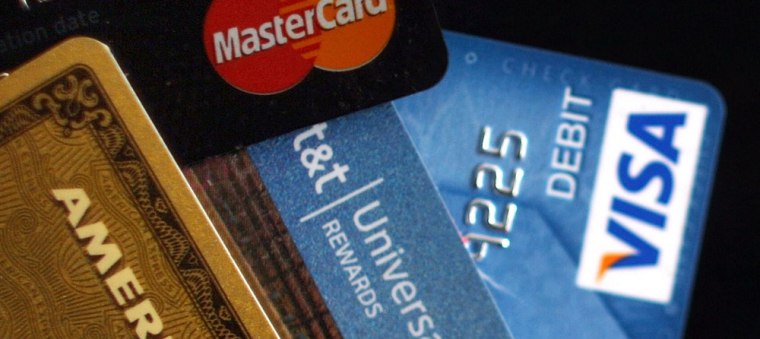The Credit Card Accountability, Responsibility and Disclosure Act became law in May 2009 and took effect in February. The intent is to make credit card companies more transparent in their activities and to eliminate many of their practices that most deem unfair, like retroactively raising interest rates or charging unreasonable service fees.
While certainly a step in the right direction, it's no surprise that the financial powerhouses have already figured out ways to implement new methods to make money from card holders. But by understanding their tricks, you can beat them at their own game with these seven ways to outsmart your credit card company.
1. Pay on time
Where credit card issuers used to have the right to raise rates at any time, for no reason, the new act mandates that unless your account is 60 days past due, they can't touch your rate. And, if you make timely payments for six consecutive months after one missed payment, the card issuer must legally restore your original interest rate.
2. Don't get roped in
Beware of credit card offers that seem a little too appealing, particularly those dangling non-rate goodies like cash advance checks. The Center for Responsible Lending study found that issuers who are aggressive in non-price related offers also tend to charge higher service and late fees.
3. Mark your calendar
The new credit card legislation mandates that monthly due dates must be consistent, and that statements must be issued 21 days before the payment due date. Finance charges and fees cannot be applied before that period is up. Mark your calendar for when the bill is due each month, and they can't make extra money off you.
Under the new legislation, card issuers can also raise your rates after a year, so long as they've informed you 45 days out. Know when that date is coming and stop using the card for anything that you can't pay off in full each month to avoid paying the higher interest.
4. Just say "no"
In the new system, your voice matters in a big way. Credit card companies now need your explicit permission to do things that they once did without your consent, and then charged you for later.
If you are attempting to make a purchase that will exceed your credit limit, the credit card company must now have a signed agreement that allows them to process these transactions. You can save just by saying "no".
The same goes for changes in terms. New opt out laws mean that if the credit card issuer wants to change terms that you don't agree to, you have the legal right to refuse. You can then close your accounts and pay off the balances under the old terms over a span of five years.
5. Don't get credit you don't need
Sure, it can be tempting to open a card with an appealing offer when you know that in a short time, you can pay it off in full. But in this day and age, credit card companies are beginning to penalize customers for doing nothing by charging "inactivity" or "account management" fees, ranging anywhere from $19 to $36 a year. Likewise, you could be charged an inactivity fee for a closed account that you are still paying the balance on.
6. Never use credit for cash
Where cash advances used to have a cap, they now have a minimum. Likewise, more issuers charge a fee for these transactions, and that fee is historically higher than it has ever been.
7. Remember, it's smoke & mirrors
In December, the Center for Responsible Lending did a study to understand just how protected we are by this new legislation. It revealed that among those mentioned above, there are still plenty of ways the credit card companies are making money. Below are just a few:
— Minimum Finance Charges: Amounts are rolled up to a minimum, so while you may technically only owe a few cents, it can be increased up to as much as $2.00. These charges usually apply when the interest charged is less than a specified minimum charge.
— International Fees: Increasing charges on foreign transactions, and expanding definition of what is actually considered "foreign".
The bottom line
Despite the legislation, the fact remains that credit cards remain serious obligations to users and big business for the issuers. Your knowledge of how credit companies operate will not only give you power, but can help keep your hard-earned money out of their bottom line.
